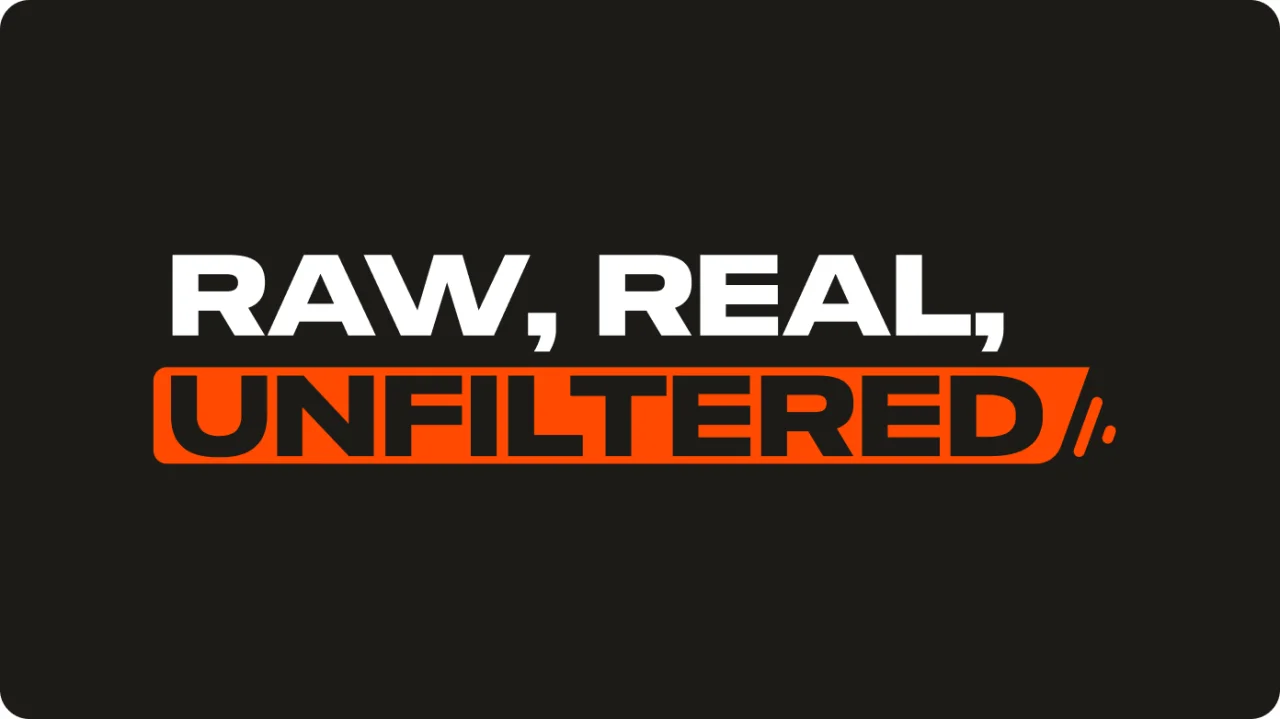How to Start Separating Your Finances Today
You don’t need a full financial overhaul to start fresh. Take one or two of these steps now:
Open a business bank account. Even if your LLC is a week old, open an account in the company’s name. Most banks require your Articles of Organization, Employer Identification Number (EIN), and a small deposit.
Apply for a business credit card. Use the card for all business expenses, even small ones. This should make tax time far easier.
Document every transaction. Track the who, what, when, and why for every dollar, including Venmo transactions.
Set a salary or owner’s draw schedule. Pull money from your business on a set schedule. Don’t treat it like a piggy bank.
Get the help you need. A bookkeeper or accountant can untangle the mess quickly, and it’s usually cheaper than the cost of making tax mistakes.
These steps help with taxes and make your business look more legit to investors, lenders, and future partners.
Don’t Let Messy Money Derail Your Business
No one expects you to be an accountant. But you do need to keep your financial house in order, especially if you plan to grow, scale, or survive an audit. Keeping things in order starts with separating business and personal finances today, even if yesterday’s books are messy.
At Bizee, we help founders build legitimate, tax-compliant businesses from day one. From $0 LLC formation to annual reports and registered agent services, we have the tools to keep your hustle clean and legal. Start smart. Stay compliant. Have you already made a mess? We’ll help you clean it up.
Disclaimer
Bizee and its affiliates do not provide tax, legal, or accounting advice. This material has been prepared for informational purposes only and is not intended to provide, and should not be relied on for, tax, legal, or accounting advice. You should consult your own tax, legal, and accounting advisors before engaging in any transaction.





